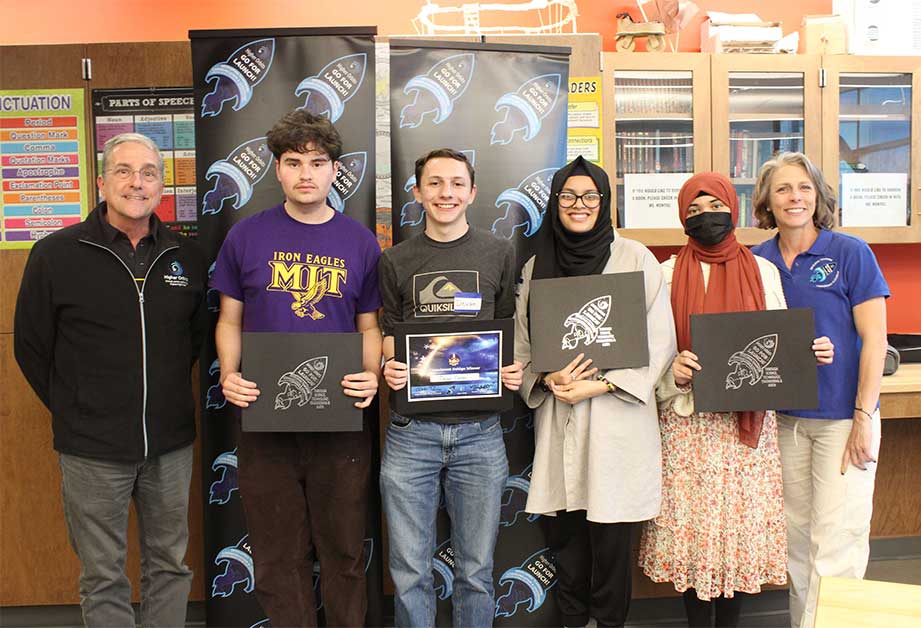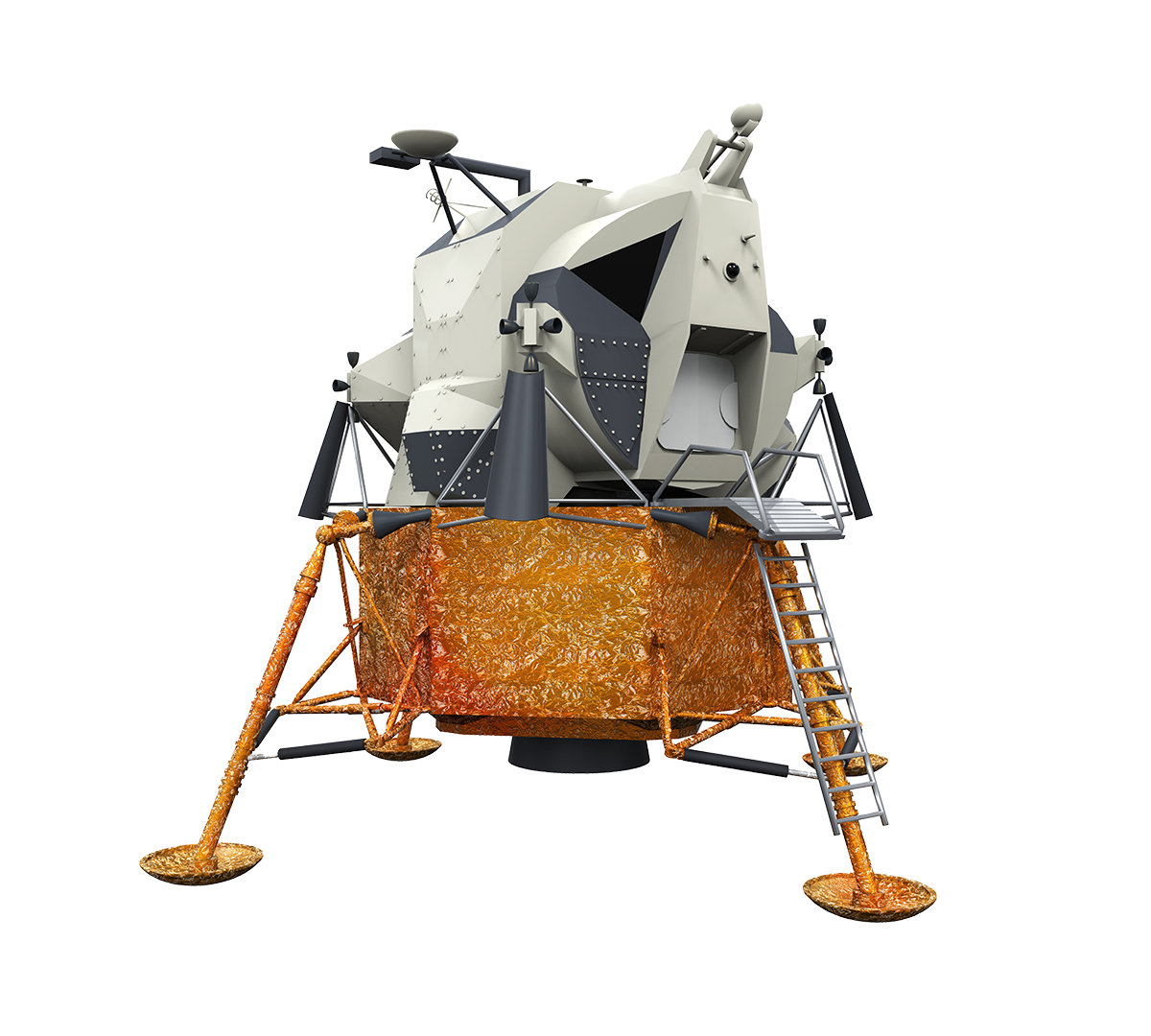As someone whose strengths have always lied more in literature than in S.T.E.M, I always doubted my abilities in anything science-related. I’ve participated in science-fairs and engineering competitions, but I never felt confident enough to chase after something greater; therefore, participating in a competition to send something to space was simply unrealistic to me. Still, my former principal, Mrs. Cox, insisted that I participate in Go For Launch! Arizona, even working with the school to provide scholarships that would cover the cost of entry. Besides my
diffidence, I was also reluctant because the event would take place the day after I came back from a trip outside the country. That morning, I was contemplating whether or not to attend: I was disoriented, jet-lagged, and running on two hours of sleep and a granola bar. However, thanks to some encouragement from my friends and family, the more I thought about it, the more convinced I became; I knew that this event would be a one-time opportunity, and that no matter the results, I’d end up gaining invaluable experience. Eventually, I took a leap of faith and decided to attend, a choice that would turn out to be one of the best decisions I made in 2023. Through this event, I got to work with a group of talented people from diverse backgrounds and a range of skills. We came up with the team name 229312, a number comprised of our birth months.
One of my teammates, Devan, who’s worked with satellites before, pointed out a problem within space-exploration that we could target: radiation damage. Radiation deteriorates technology in space, with the only solution being the highly expensive process of radiation hardening. Team 229312’s goal was simple: we’d minimize the costs of sending technology to space using Cladosporium sphaerospermum, a radiotrophic fungus that absorbs excess radiation.
After we presented our experiment to the judges, my team was a nervous mess. As cheesy as it sounds, I still remember turning to my team and telling them that no matter the results, I was glad I had the chance to work with them, a statement former astronaut and Go For Launch! judge Don Thomas later commended us for. We weren’t particularly confident, as the opposing teams also had some incredible experiments, but we were certainly hopeful. Thus, you could imagine our surprise and excitement when it was announced that team 229312 was declared a finalist of the Go For Launch! Glass-z12 series, officially earning the chance to compete for a spot aboard the ISS.
After eventually submitting our research paper, the day where we’d find out the final results soon approached. Me and a few of my teammates were waiting after school, sitting in one of the campus’s empty rooms, holding our breath in anticipation. We barely registered Michelle announcing our team’s name on the livestream before we started screaming and jumping around the hallway. To say I was shocked would be an understatement; winning a competition was one thing, but getting to work with something as innovative and prestigious as the International Space Station was absolutely mind-blowing.
Sending an experiment to space was certainly not something I predicted, but here I am, only a few weeks away from the launch date! Currently, my team and I have been fundraising and collecting money to fund our trip to Florida to watch our hard work come to fruition. I’m so thankful for this opportunity and can’t wait to find out the results of my team’s experiment. If the results turn out how we expect, then we might have potentially found an affordable alternative to space-radiation, something that could make spacecraft all the more accessible and widespread. Getting to work with Space tango and all the amazing people at Go For Launch! these past few
weeks has been a reminder that sometimes, a leap of faith is all you need to accomplish the unexpected.
Written By – Ruqaiya Gheyasi

